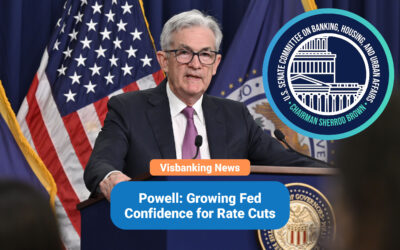The Federal Deposit Insurance Corporation (FDIC) recently released an overview of the nation’s deposit insurance system. That report, Options for Deposit Insurance Reform, includes proposed options for expanded deposit insurance. It arrives in the wake of several recent bank failures and rising concern about banking stability in the U.S.
The FDIC’s proposed reforms include a range of options, including:
Maintaining the current limited coverage system for all depositors.
Expanding the coverage to provide unlimited backing for all deposits.
Targeted coverage that would provide higher insurance coverage limits for businesses.
The agency noted its support for the targeted coverage option. According to the FDIC, that expanded business coverage would offer increased stability for the financial sector. The agency views it as the most cost-effective way to provide protection for all depositors.
Proactive solutions for expanded deposit insurance?
The agency assessment and report are clear indications that the FDIC is serious about its response to this year’s banking instability. FDIC Chairman Martin J. Gruenberg said the report’s creation was driven by recent developments:
“The recent failures of Silicon Valley Bank and Signature Bank, and the decision to approve Systemic Risk Exceptions to protect the uninsured depositors at those institutions, raised fundamental questions about the role of deposit insurance in the United States banking system. This report is an effort to place these recent developments in the context of the history, evolution, and purpose of deposit insurance since the FDIC was created in 1933.”
In his explanation for why the FDIC prefers the target coverage reform, Gruenberg cited the potential benefits. He noted that business payment accounts could pose the most serious risk to economic stability. Additionally, regulators believe there is less moral hazard involved in higher coverage for those accounts.
“In addition, business payment accounts may pose a lower risk of moral hazard because those account holders are less likely to view their deposits using a risk-return tradeoff than a depositor using the account for savings and investment purposes. The report points out that providing a practical definition and ensuring that banks and depositors cannot circumvent those definitions to obtain higher coverage are important to implementation of Targeted Coverage.”
Of course, the agency does have some regulatory rule-making authority to tweak its program. However, the most serious expanded insurance deposit reform proposals in the report would likely require Congressional action.




